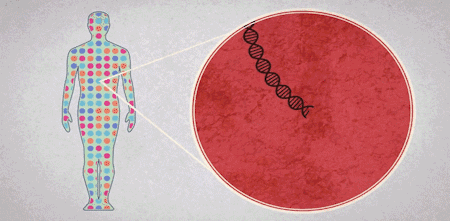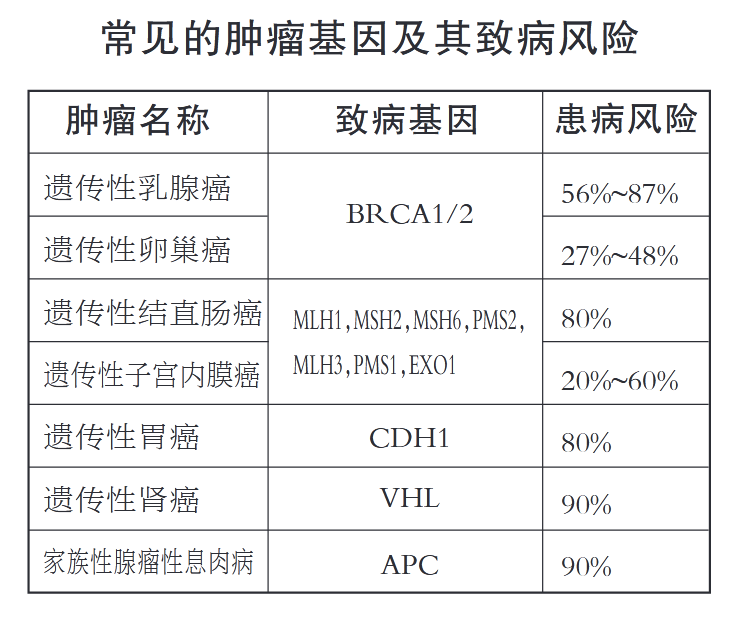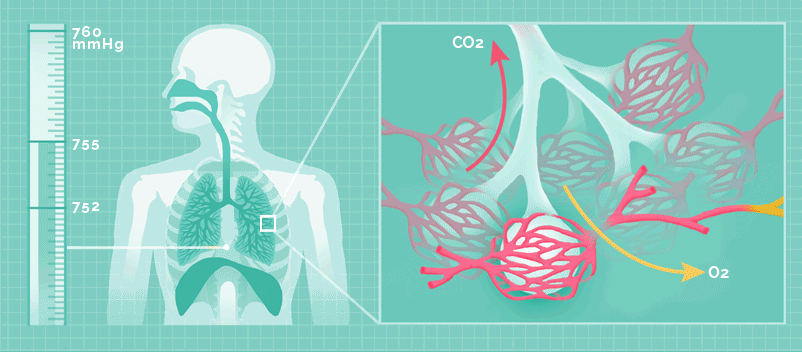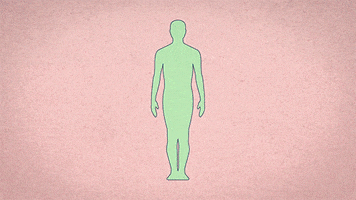These 8 kinds of cancers are easy to inherit the next generation!People with family history do a few things early
Author:Life Times Time:2022.08.02

When it comes to cancer inheritance, there is an example worth mentioning.
In 2013, Hollywood actress Angelina Jolie exposed the double milk resection surgery to reduce the risk of cancer. Her mother died at the age of 56 after fighting with breast cancer for more than ten years.
Julie said: "I carried a 'wrong' gene, BRCA1, which made me 87%of the chance to suffer from breast cancer, and 50%may suffer from ovarian cancer."
If someone in the family suffer from cancer, how much will we have the probability of inheritance? How to find and avoid it in advance?

"Life Times" (search for "LT0385" in WeChat can be followed) to interview authoritative experts to reveal the truth of cancer inheritance for you.
Interviewed expert
Luo Rongcheng, a national second -level professor at the National University of Southern Medical University
Zhang Kai, deputy director
About 10%of cancer is related to heredity
Simply put, cancer is an abnormal cell function caused by a group of or more genetic mutations, forming a malignant tumor that is rapid and unlimited growth.

Cancer is essentially a genetic disease, so cancer does have genetic possibilities.
But cancer is mainly an acquired disease that can be prevented. Only 5%to 10%of all cancers have obvious genetic tendencies.
If there are genetic carcinogenic mutations in the family, multiple family members usually suffer from the same cancer. This type of cancer is called family or hereditary cancer.
The remaining 90%of cancers are caused by mutations in the day after tomorrow. These mutations are caused by factors such as aging, smoking, and radiation.
It should be reminded that there is uncertainty in genetic cancer, and family members may not necessarily suffer from cancer. Because most cancer is the result of interaction such as genetic factors and psychological factors, dietary factors and living habits.
If one in the family has a cancer, there is no need to talk about cancer -colored changes; if 2 to 3 people have the same cancer in direct relatives (that is, parents, brothers and sisters, children, etc.), they can highly suspect that there is a family of family cancer. Essence
Which cancers are easily inherited to the next generation?
At present, the cause of many cancers is not clear, and cancer and screening methods with obvious genetic tendencies include:

1
Breast cancer
The risk of ovarian cancer in ordinary women in her life is about 1%, while the risk of BRCA1 and BRCA2 gene mutations is 23%to 54%.
People with a family history of breast cancer are recommended to screen before the age of 40. Before menopause, the ultrasound is mainly ultrasound. After menopause, women are mainly ultrasonic and molybdenum targets; the interval between screening is 0.5 to 1 year.
2
Ovarian cancer
About 20%to 25%of epithelial ovarian cancer is related to genetic factors. Family history such as breast cancer, ovarian cancer, and colorectal cancer may lead to increased risk of ovarian cancer in the family.
The BRCA mutation gene carriers are recommended for regular screening of pelvic examination, blood CA125 (tumor signs) and vaginal ultrasound from 30 to 35 years old.
3
Colorectal cancer
Family colon cancer is easily developed into colorectal cancer. If parents suffer from colorectal cancer caused by the above diseases, their children are likely to be as high as 50%of similar cancers.
People with a family history of meal cancer, it is recommended that prevention screening starts from the age of 40 or even earlier.
The recommendation method is colonoscopy or bloody blood test. It is best to do it 1 or 2 times a year. At the same time, it should pay more attention to the healthy diet than ordinary people and eat less high -salt greasy food.
4
Gastric cancer
Of all patients with gastric cancer, 10%of the obvious family gathering tendency. Relatives of patients with gastric cancer are 2 to 3 times higher than those of other people suffering from gastric cancer.
Straight relatives of patients with gastric cancer over 40 years of age should do gastroscopy as soon as possible and regularly do gastroscopy.
5
Lung cancer
The survey shows that 35.8%of patients with lung squamous cell carcinoma have family history; 58.3%of female patients with alveolar cell carcinoma have family history.
The first step to prevent lung cancer is to quit smoking and avoid exposure of oil fume, followed by early screening.
The truly effective early screening method is the CT check. The low -dose CT scan used for lung cancer screening has no effect on patients' health (pregnant women and children should follow the doctor's advice when choosing CT, and choose carefully).

6
Endometrial cancer
About 5%of all patients with endometrial cancer are caused by genetic factors. The age of the onset of these patients is 10-20 years younger than the average age of patients with endometrial cancer.
Menopausal and menopause are the high incidence of endometrial cancer. Once the vaginal blood bleeding, blood -based leucorrhea and other symptoms occur, you should go to the hospital early.
7
Pancreatic cancer
The onset of pancreatic cancer is 3 to 13 times that of family history. One of the people in the family, and the risk of pancreatic cancer in other family members is 4 times that of the general population.
Those who have a family history, the inspection of CT and tumor markers (especially CA199) is indispensable; if the imaging is abnormal, closely follow -up, and add ultrasonic endoscopy if necessary.
8
Prostate cancer
If a direct kinship suffers from prostate cancer, it will double the risk of prostate cancer.
Men over 45 years of age and family history of prostate cancer should score regularly, such as rectal visits and PSA examinations.
How to prevent cancer from family history?
If someone in the family suffers from cancer, if you want to judge whether your risk of cancer is high, it depends on three aspects, that is, "multiple, rare, young".
Several occurrences refer to that one of the pro -pro -pro -pro. Or multiple close relatives with cancer; rare, referring to very rare cancer, such as men in the family suffer from breast cancer;
Young refers to that relatives are young, such as under 30 years old.
Those who have these situations should check their genetic background, consider doing genetic mutation detection, and detect risks early.
Pay attention to early screening

Cancer is a chronic disease. It usually takes 5 to 20 years from the disease to the late stage.
Those who have a family history can consult the doctor to consult the family cancer genetic characteristics, and screen regularly, it is best to 1 or 2 times a year.
Reduce carcinogenic factors
Cancer risk depends on the comprehensive role of carcinogenic genes, lifestyles, environmental factors, etc. A study on the authoritative medical magazine "Nature" shows that 70%to 90%of cancer stems from the latter two.
People with a family history of cancer should pay attention to reducing contact with chemical carcinogen, reducing the risk of cancer of susceptible genes. Common chemical carcinogen has yellow mold in moldy foods, and oil and smoked foods may contain Polycontic aromatics, nitrite in cured meat and pickles.
Adhere to a healthy lifestyle
Adhering to a healthy lifestyle and enhancing immunity can also help cancer. Pay attention to the balanced diet and regular exercise, maintain a reasonable weight, change the irregular habits such as irregular work and smoking and drinking.
Editor in this issue: Zheng Ronghua
- END -
Laixi Public Security reminds: Summer drowning is safe and not relaxed!

- Cherish life to prevent drowning-Summer drowningKeep in mind safetyAnti -drownin...
Sadness!Giant waves swallow two students to travel to youth

Dalang was involved in two male youths into the sea.After being involved in the se...